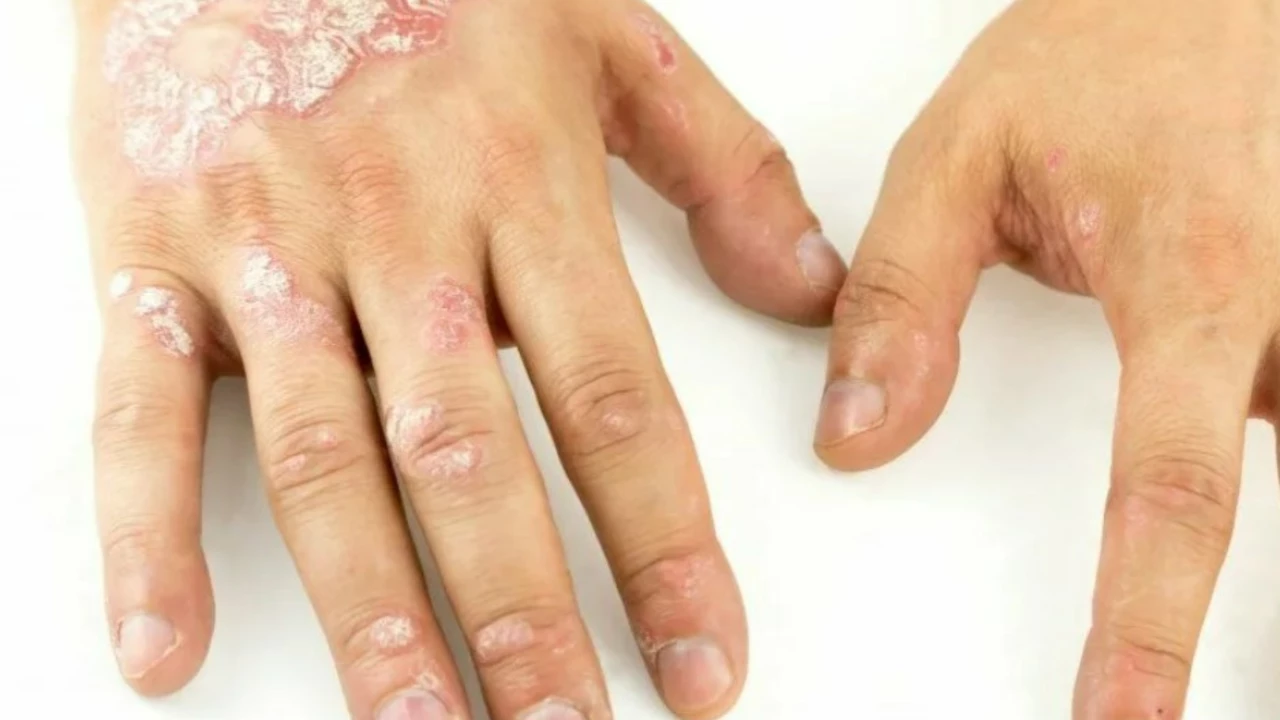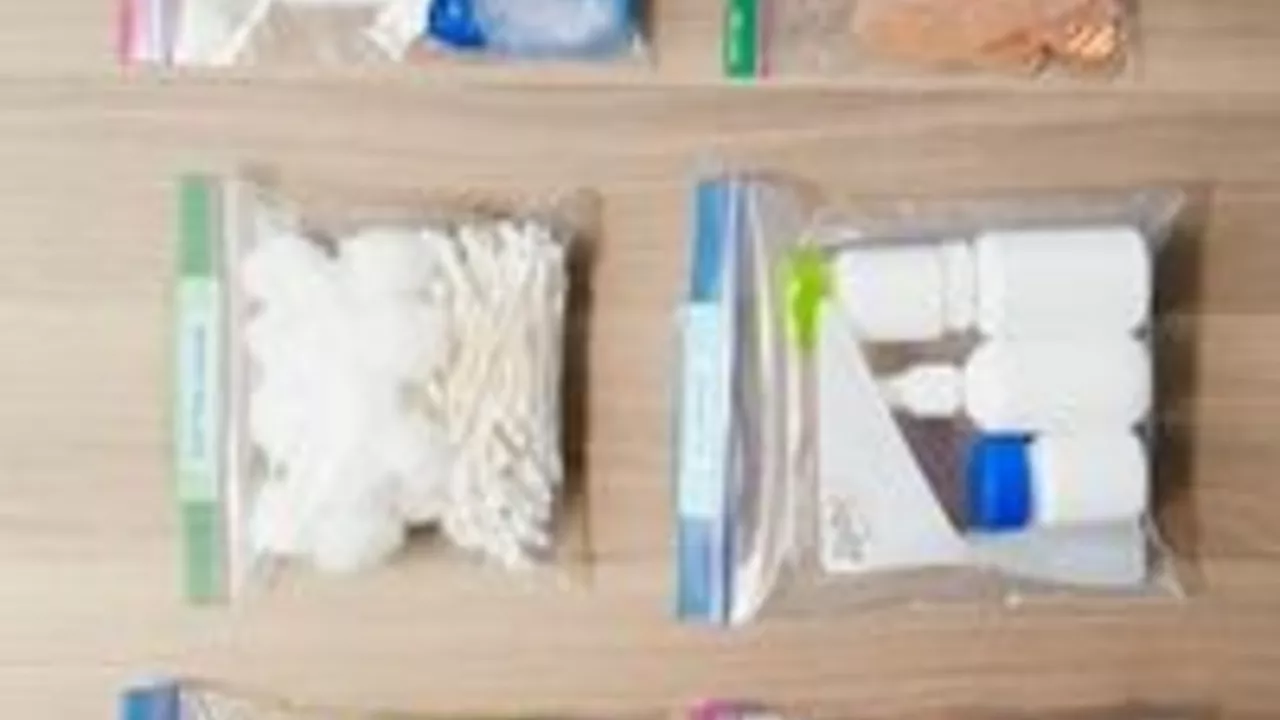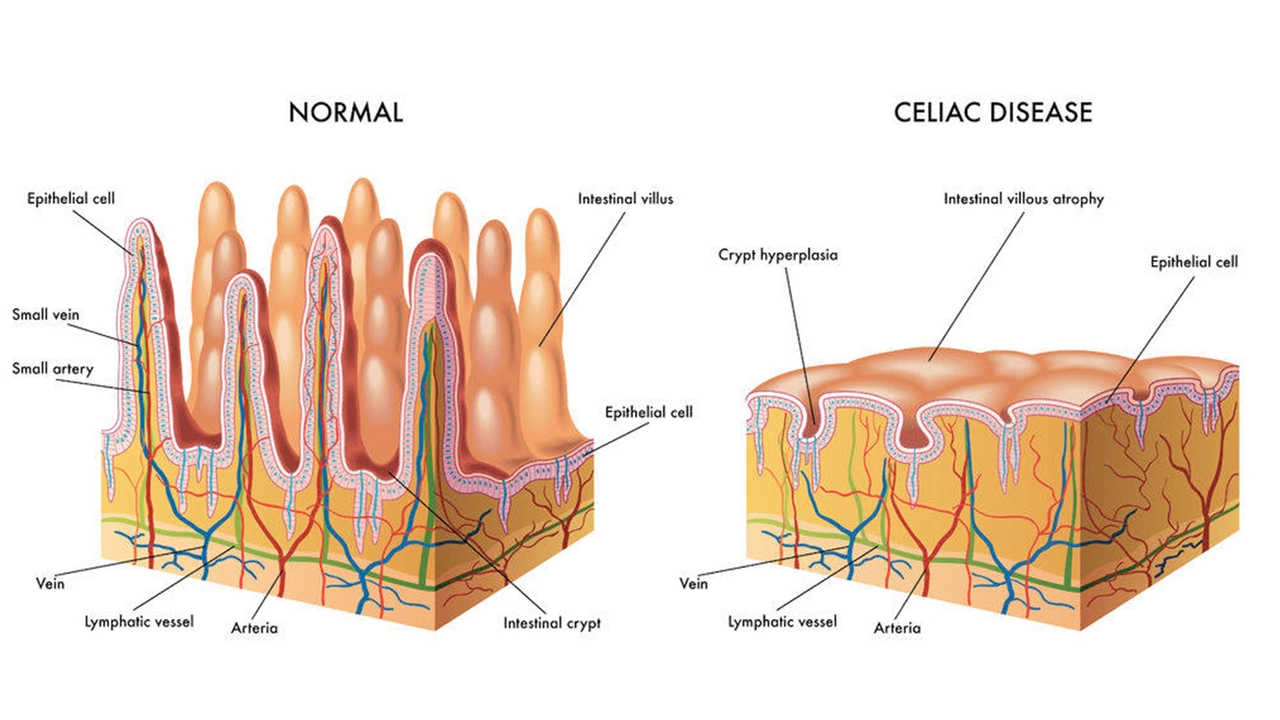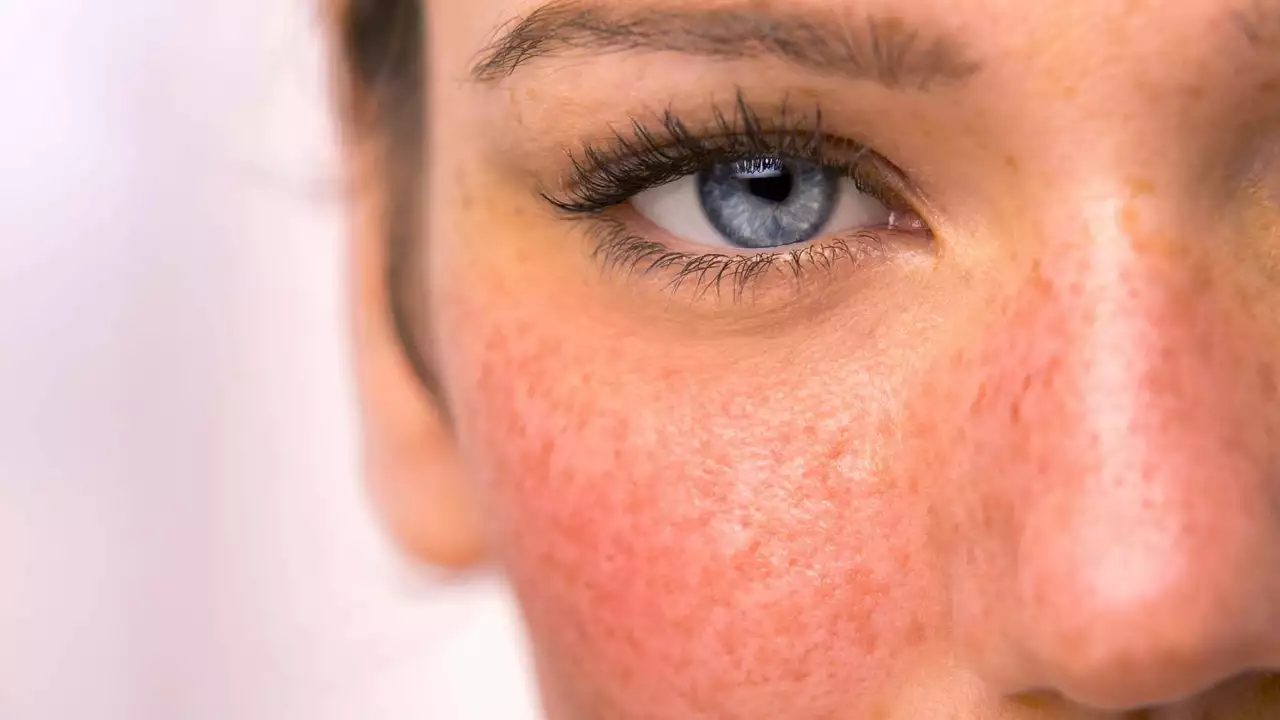July 2023 Health Highlights from Pharmadoctor
This month we packed a lot into our blog. From itchy skin to tricky drug disposal, each post gives you straight‑forward tips you can use today. Grab a coffee and see what’s new.
Skin conditions and treatments
First up is plaque psoriasis. We broke down why your immune system speeds up skin cell growth and what red, flaky patches really mean. You’ll find quick advice on topical creams, light therapy options and prescription meds that work for most people.
If you’re battling a stubborn skin infection, our look at minocycline shows why this antibiotic is often chosen over others. It not only fights acne‑causing bacteria but also eases inflammation, making it useful for rosacea and perioral dermatitis. We also compare side‑effects so you know what to expect.
Male breast cancer gets little attention, yet ribociclib is changing the game. The drug blocks cell division, slowing tumor growth when other treatments fall short. Our post explains who might benefit and why clinical trials are promising.
Medication handling & safety
Storing apixaban correctly can keep it effective. Keep it in a cool, dry place away from light and out of kids’ reach. When the bottle is empty, don’t flush it – follow local disposal rules or ask your pharmacist for a take‑back program.
Aspirin and celiac disease? Some aspirin brands contain gluten, which can trigger symptoms for sensitive folks. We showed how to read labels and highlighted manufacturers that now offer gluten‑free options, so you can stay safe.
Garlic isn’t just a kitchen flavor booster; it’s a potent supplement. Daily garlic supports immunity, heart health and even has anti‑cancer properties thanks to allicin. We shared practical ways to add it to meals without the lingering smell.
Safflower might look like just another seed, but its oil is rich in omega‑6 fatty acids, vitamin E and antioxidants. Those nutrients help lower cholesterol, manage blood sugar and keep skin glowing. Our guide walks you through cooking tips and how to pick quality safflower products.
All these topics share a common goal: give you clear, actionable info without the jargon. Whether you’re dealing with a flare‑up or figuring out how to dispose of meds safely, we’ve got you covered. Come back any time for fresh updates that fit into your everyday routine.
Alright, folks, let's dive into the world of plaque psoriasis, that pesky skin condition that's as stubborn as a mule and twice as annoying. Firstly, the culprit behind this scenario is your own immune system, playing a prank on you by speeding up skin cell growth. What a joker, huh? It's like it's on a caffeine binge! Symptoms? Imagine red, flaky patches of skin that seem like they're ready for a snowfall in July. But don't worry, with treatments like topicals, light therapy, and meds, we've got more solutions than a high school algebra class! So, here's to understanding plaque psoriasis, may we all become masters in the art of skin care.
In my latest blog post, I've shared some essential tips on how to handle apixaban medication properly. I've explained that it's crucial to store it in a cool, dry place, away from light and out of children's reach. Also, never flush the medicine down the toilet or sink, as it's harmful to the environment. Instead, we should follow local guidelines or ask our pharmacist for the best way to dispose of it. Remember, proper storage and disposal of medications like apixaban help maintain their effectiveness and safeguard our environment.
In my latest research, I delved into the relationship between Aspirin and celiac disease, particularly its safety for those with gluten sensitivities. It appears that Aspirin, like many medications, can contain gluten, posing a risk for those with celiac disease. However, many manufacturers are now producing gluten-free versions. It's crucial to always check the labels or consult a healthcare professional before use. Remember, vigilance and awareness are key in managing celiac disease.
In my recent research, I've discovered that Minocycline packs quite a punch when it comes to treating skin infections. Not only is it a potent antibiotic effective in battling bacteria linked to acne, but it also reduces inflammation, which can contribute to skin discomfort. Its oral form can even treat more serious skin conditions, such as rosacea and perioral dermatitis. In addition, Minocycline has fewer side effects compared to other antibiotics. So, if you're in a battle with troublesome skin, Minocycline might just be the reinforcement you need.
In my latest blog post, I dive deep into the world of safflower, a plant that's not just beautiful but also packed with health benefits. From its impressive nutritional profile, including vitamins, minerals, and essential fatty acids, safflower has a lot to offer. Be it boosting heart health, managing diabetes, or promoting skin and hair health, safflower seems to have it all. Plus, it's more than just a health food - it can also be used in cooking and cosmetics. Stay tuned to get the inside scoop on all things safflower!
In my recent deep dive into the world of food supplements, I discovered that garlic truly deserves a spot in our daily diet. Backed by science, garlic is more than just a kitchen staple, offering a wealth of health benefits, such as boosting immunity, improving heart health, and even helping prevent certain types of cancer. Don't let its pungent smell deter you - it's packed with potent compounds that can really enhance your wellbeing. So next time you're cooking, don't skimp on the garlic - your body will thank you! After all, who knew this humble bulb could be such a powerful health ally?
In my recent exploration, I've delved into the role of Ribociclib in treating male breast cancer. This innovative drug works by inhibiting the division and growth of cancer cells, helping to stop or slow the disease's progression. It's shown promise in clinical trials, even in cases where traditional treatments have fallen short. This could be a game-changer for men who are often overlooked in breast cancer research. The potential of Ribociclib shows us that we are making strides in the right direction in cancer treatment.





